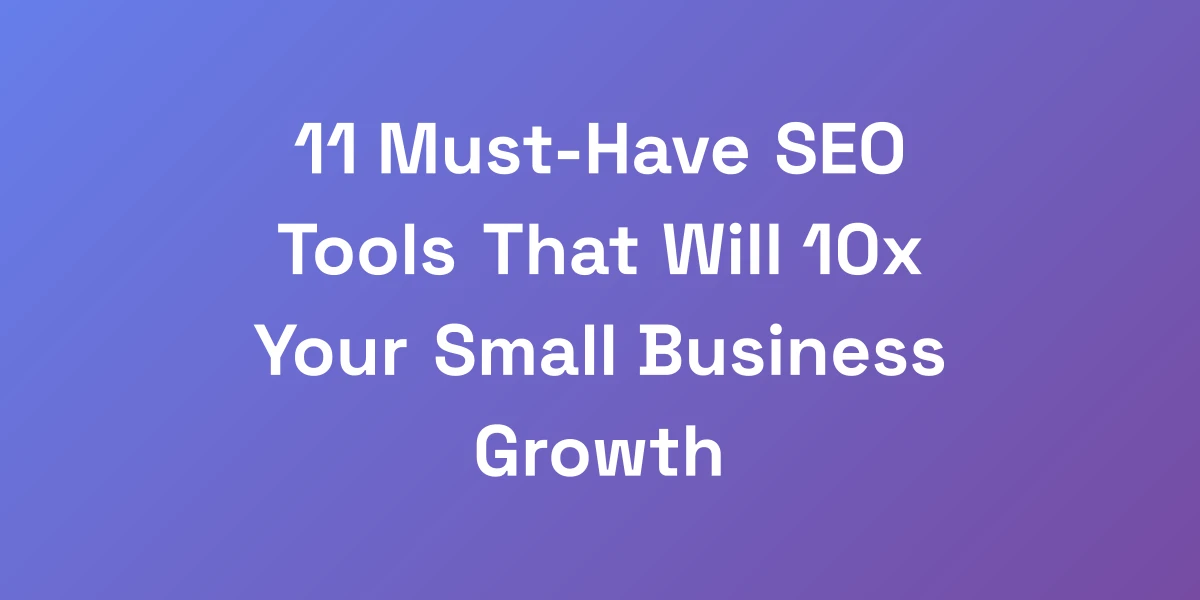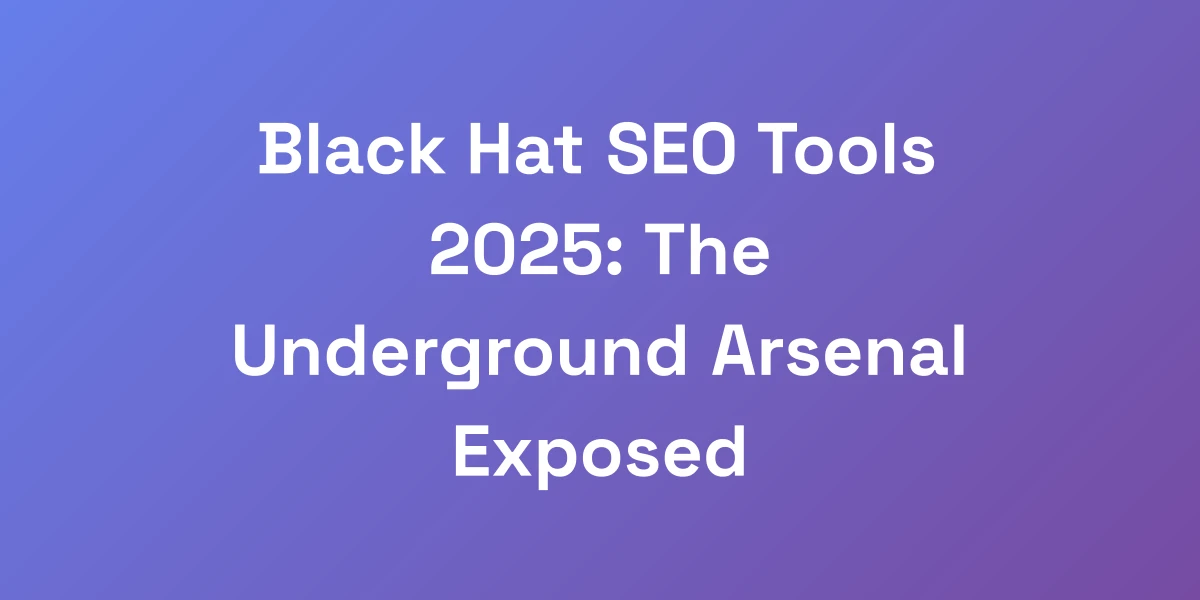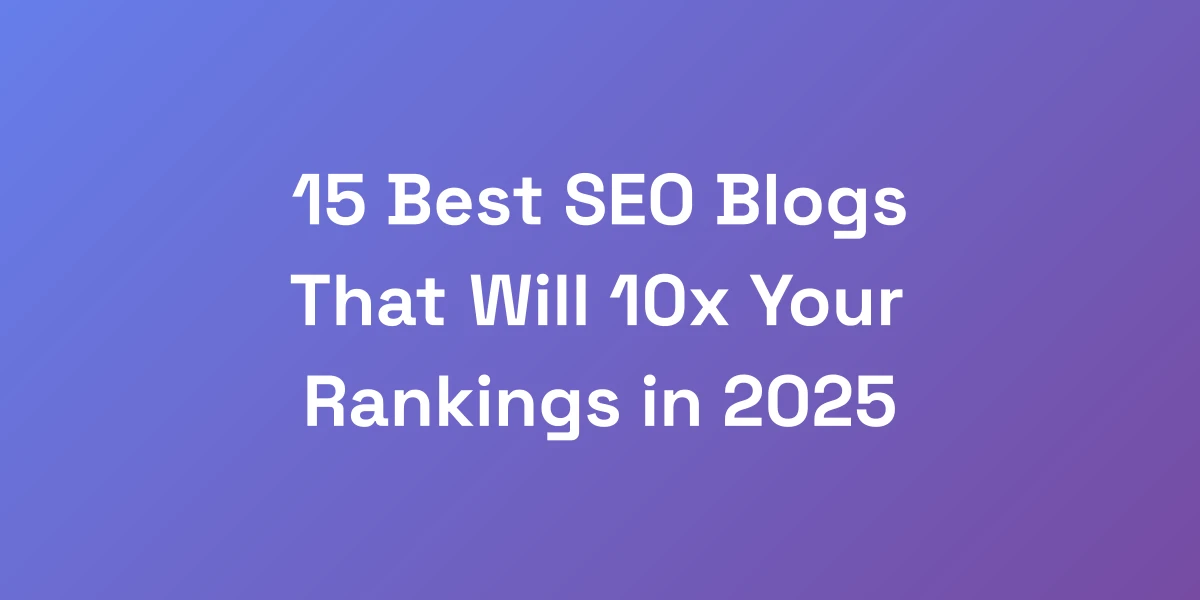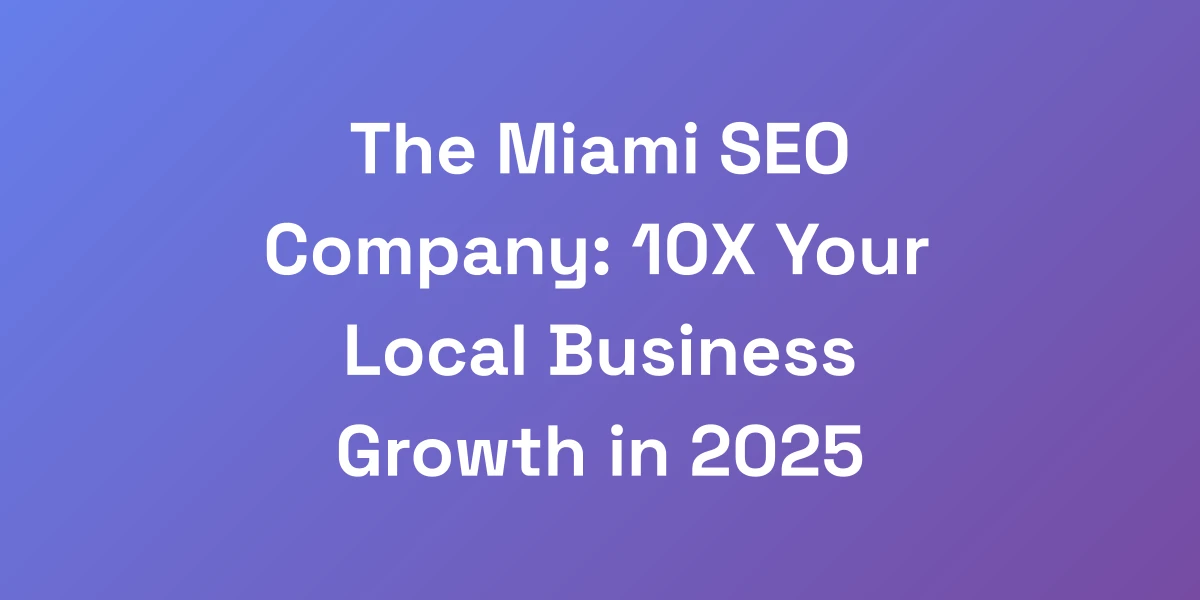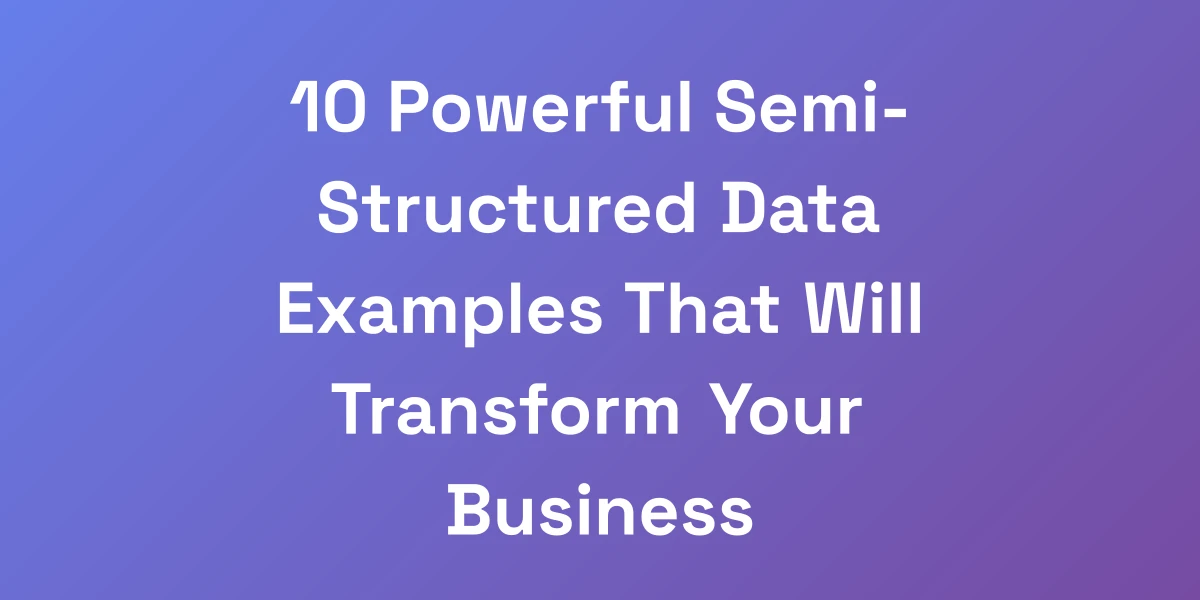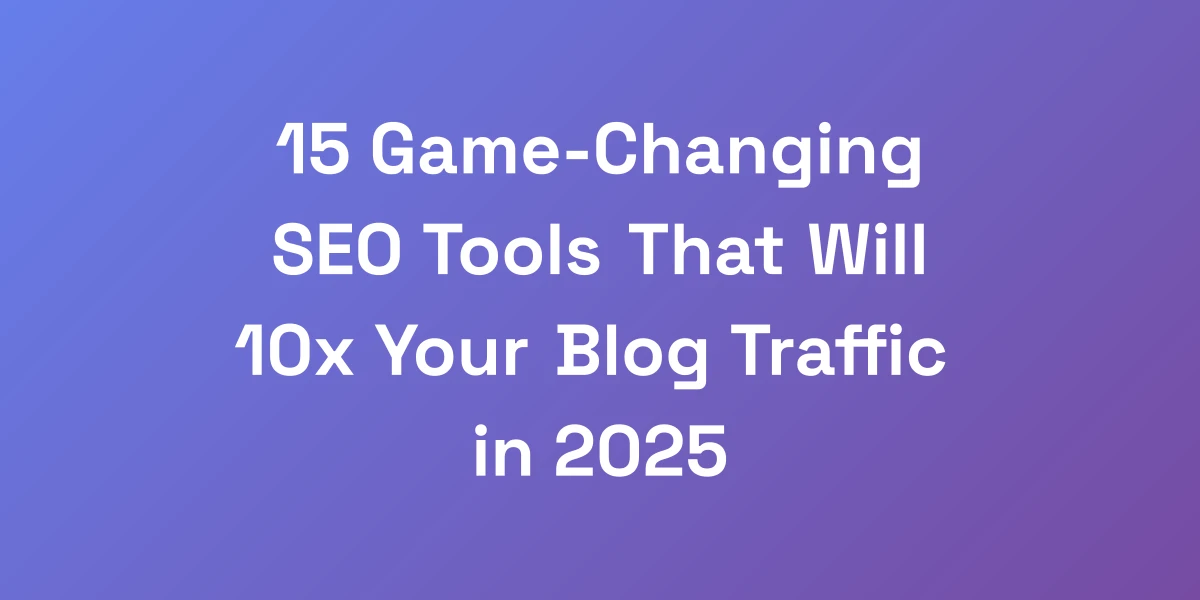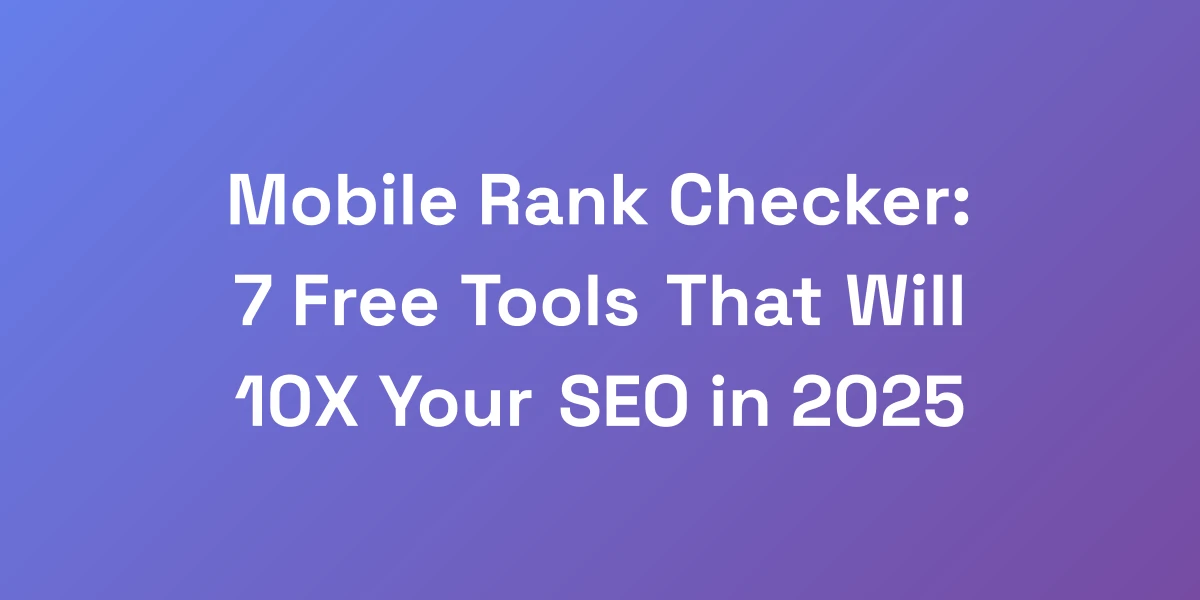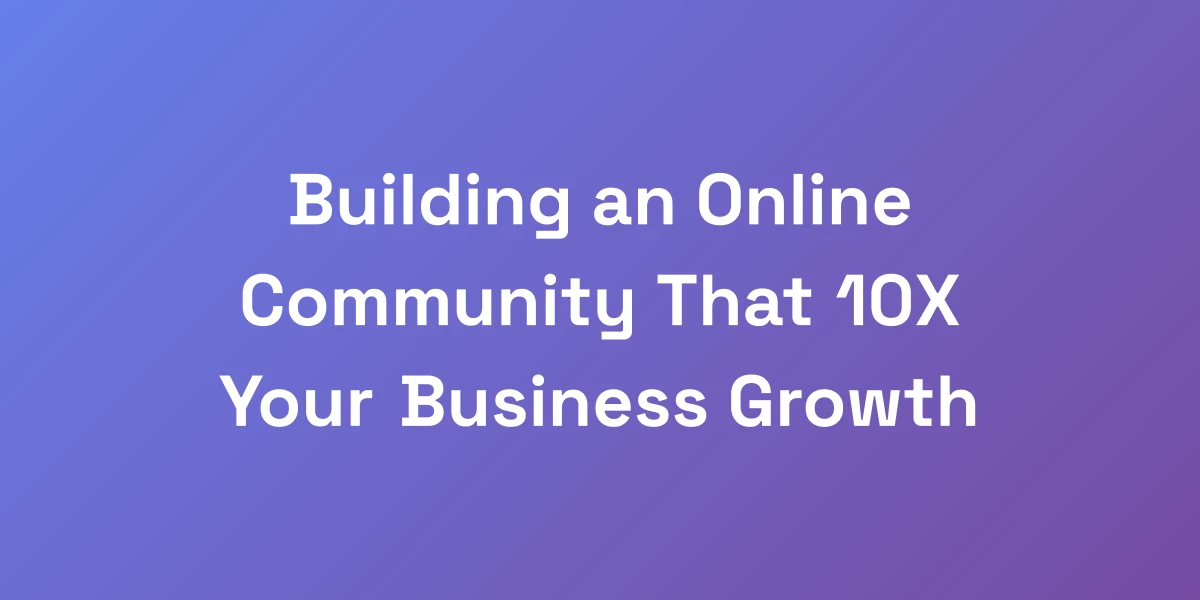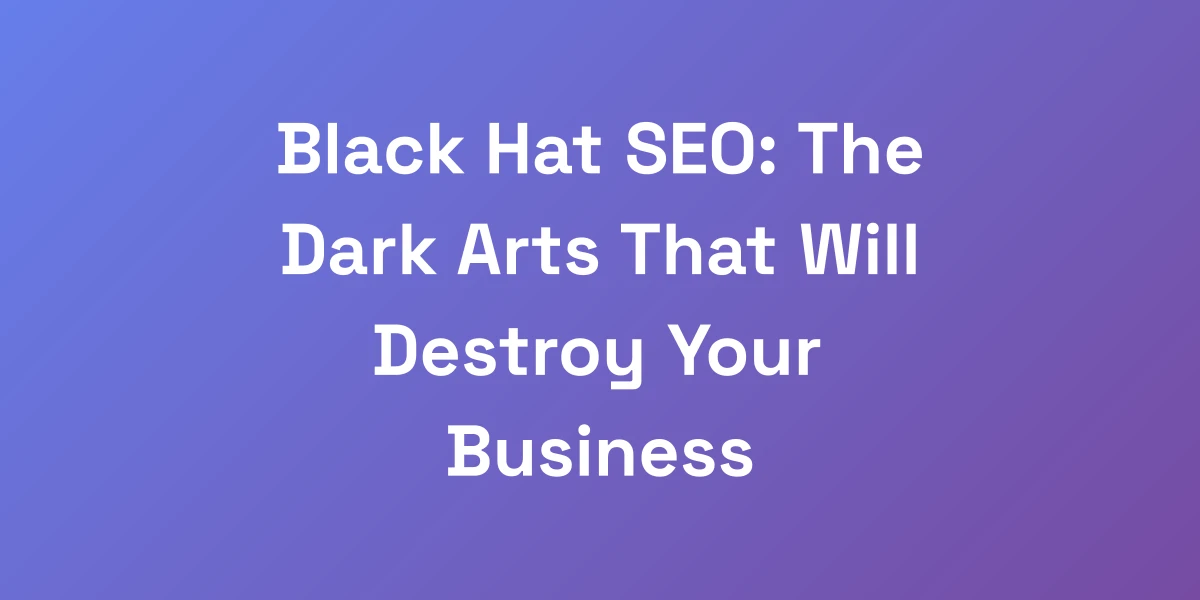
Black Hat SEO: The Dark Arts That Will Destroy Your Business
Mar 15, 2025 | By zishansami102@gmail.com
The Brutal Truth About Black Hat SEO in 2025
Let us be crystal clear: diving into black hat SEO is like lighting a match in a room full of gasoline. If you’re considering these tactics, you’re gambling with the very lifeblood of your business.
We’ve witnessed too many entrepreneurs flush millions down the drain, lured by the quick-win promises that black hat techniques gleam with.
Here’s the unvarnished truth – while these methods might offer a fleeting spike in your rankings, they’re akin to taking steroids for your website. Yes, you’ll see immediate gains, but the long-term damage is catastrophic.
Google’s AI has evolved beyond recognition, smarter than ever, sniffing out deceit with ruthless precision. And the penalties? They’re not just slaps on the wrist. They’re designed to shatter your digital presence to pieces.
The Real Cost of Black Hat SEO
Engaging in black hat SEO might seem tempting, but the financial repercussions are nothing short of devastating.
Consider this: up to 40% of online businesses close within six months of receiving a Google penalty. That’s not a number; it’s a stark reality for many who gamble with unethical SEO practices.
Moreover, websites penalized by updates like Google’s Penguin saw an average traffic drop of about 50%. Imagine your revenue halving overnight because you thought manipulation was the shortcut to success.
Why Entrepreneurs Fall for the Dark Side
Why do so many fall prey to the allure of black hat SEO?
It’s the psychology behind the quick-win mentality. In a world driven by instant gratification, waiting for organic growth feels like watching paint dry.
Entrepreneurs are under immense pressure to show results, fast. The desperation to climb the rankings skyward without laying down the ethical groundwork leads them into the murky waters of black hat tactics.
Google’s Evolution in Detecting Black Hat Tactics
Google isn’t the same search giant it was a decade ago. Its AI and algorithms have transformed into formidable gatekeepers against deceitful practices.
The March 2024 Core Update Spam Policies, for instance, focused heavily on diminishing low-quality, AI-generated content and introduced stringent spam policies targeting scaled content abuse, expired domain misuse, and site reputation manipulation.
These updates signify Google’s relentless pursuit to preserve the integrity of search results, making it increasingly difficult for black hat techniques to yield any lasting benefits.
The Psychology Behind Quick-Win Mentality
Underlying the appeal of black hat SEO is a deep-seated desire for rapid success. It’s the lure of substantial rewards with minimal upfront efforts.
But this short-term thinking often overlooks the bedrock principle: sustainable growth is built on ethical foundations. The instant gratification of higher rankings quickly gives way to the long-term agony of penalties and lost trust.
Modern Black Hat Detection Systems
Google’s arsenal to combat black hat SEO is more sophisticated than ever. Beyond traditional algorithms like Penguin and Panda, the SpamBrain system leverages advanced AI to detect subtle manipulations.
This system analyzes website behavior, content quality, and user experience metrics with unparalleled precision, ensuring that deceptive practices are swiftly identified and punished.
7 Deadliest Black Hat Techniques That Will Tank Your Rankings
Knowledge is power. Let us unveil the deadliest black hat techniques out there so you can safeguard your business from unseen threats.
These methods are the choices of desperate marketers trying to game the system. Each one is like planting a time bomb under your website’s foundation, ready to explode at any moment.
The worst part? Many business owners don’t even realize they’re employing black hat tactics until it’s too late. Let’s break down these toxic strategies to help you avoid accidental self-destruction.
PBN Networks: The Hidden Poison
Private Blog Networks (PBNs) are one of the most insidious black hat tactics. They involve creating a network of low-quality websites to artificially inflate link authority.
But here’s the kicker: Google is cracking down hard on PBNs. The penalties for getting caught are harsh, often resulting in massive drops in rankings or complete delisting.
Instead of risking your site with PBNs, why not invest in building genuine backlinks through quality content and outreach? It might take longer, but the rewards are sustainable.
Content Spinning and AI Manipulation
Content spinning, especially with the rise of AI, is another slippery slope. This involves taking existing content and rewriting it, hoping to pass it off as original.
While it might seem like a shortcut to bulk content creation, the quality is invariably poor. Google’s AI can easily detect spun content, leading to penalties that negate any perceived benefits.
Instead, focus on creating unique, valuable content that genuinely serves your audience. It’s a safer bet with a higher chance of long-term success.
Keyword Stuffing 2.0
Keyword stuffing is the old-school black hat trick of overloading content with target keywords. But in 2025, it’s evolved into more sophisticated forms, like Latent Semantic Indexing (LSI) keyword manipulation.
No matter the guise, the principle remains the same: overuse of keywords to manipulate search rankings. The outcome? A compromised user experience and potential penalties from Google.
Instead, prioritize natural keyword integration that enhances readability and provides value to your readers.
Cloaking and Doorway Pages
Cloaking involves showing different content to users and search engines. It’s a deceptive practice that tricks Google into believing your site is more relevant than it actually is.
Doorway pages, on the other hand, are low-quality pages created solely to rank for specific keywords, funneling users to a single destination.
Both practices are blatant attempts to manipulate search rankings and are swiftly punished by Google’s penalties. Authentic content delivery is the only way forward.
Link Schemes and Paid Links
Engaging in link schemes or buying paid links, such as those offered by FatJoe Backlinks, is a high-risk maneuver. It involves exchanging money or goods for backlinks, violating Google’s guidelines.
The short-term gain of increased backlinks is massively overshadowed by the long-term risk of severe penalties, which can cripple your website’s visibility.
Opt for ethical link-building strategies that focus on earning links through quality content and genuine relationships within your industry.
Hidden Text and CSS Tricks
Hiding text or using CSS tricks to manipulate search rankings is deceptive and unethical. It involves embedding invisible keywords or links within your site’s design.
This not only creates a poor user experience but also signals to Google that you’re attempting to game the system.
Transparency and honesty in your content presentation are paramount for maintaining trust and avoiding penalties.
Real-World Penalties: Companies That Got Destroyed
Curious about the real consequences of black hat SEO? Let us share some hard-hitting war stories. These aren’t just hypothetical scenarios – they’re real businesses that lost everything because they tried to outsmart Google.
From seven-figure enterprises to struggling startups, the digital graveyard is littered with websites that thought cheating was the way to climb.
Learn from their expensive mistakes and steer clear of the path that leads to ruin.
Case Study: The $4M Revenue Drop
One e-commerce giant saw its revenue plummet by $4 million overnight after employing various black hat tactics. They thought buying backlinks and keyword stuffing would give them an edge, but Google had other plans.
The penalties not only wiped out their search rankings but also eroded customer trust, demonstrating the devastating financial impact of unethical SEO practices.
Local Business Blacklist Stories
Several local businesses were blacklisted by Google for engaging in manipulative SEO practices. These businesses relied on cloaking and doorway pages to attract local traffic through SEO for Google Maps, only to face complete delisting.
The result? A sudden and drastic drop in local visibility, leading to a steep decline in customer engagement and revenue.
Recovery Timeline Analysis
Recovery from a Google penalty is a torturous journey with no guaranteed timeline. On average, only about 30% of websites manage to regain their rankings within a year, and even fewer successfully navigate the manual reconsideration process.
For those who do manage to recover, it often requires a comprehensive overhaul of their SEO strategy, content quality, and adherence to Google’s guidelines.
Financial Impact Breakdown
The financial repercussions of a Google penalty extend beyond immediate revenue loss. Businesses face increased costs in rebuilding their SEO strategies, hiring experts, and potentially compensating for lost opportunities.
Moreover, the loss of organic traffic can lead to a significant decrease in brand visibility, which in turn affects long-term profitability and market positioning.
Reputation Damage Assessment
Once deemed unethical, a company’s reputation takes a hit that’s hard to recover from. Customers lose trust, partners reconsider collaborations, and rebuilding credibility becomes an uphill battle.
Reputation damage often leads to a domino effect, impacting various facets of the business from sales to partnerships, ultimately threatening its very existence.
The White Hat Alternative: Building Sustainable Success
Enough with the doom and gloom. Here’s what actually works: building real value that stands the test of time. Instead of trying to trick Google, focus on creating content that genuinely helps your audience.
The ROI on white hat SEO might be slower, but it’s exponential and permanent. We’ve helped businesses scale from zero to eight figures using nothing but legitimate techniques.
The secret? There is no secret – just strategic execution of proven white hat methods that align with Google’s guidelines.
Content Strategy Framework
A robust content strategy is the cornerstone of white hat SEO. Focus on creating high-quality, informative, and engaging content that addresses your audience’s needs.
Develop a content calendar, conduct thorough keyword research, and ensure each piece of content is optimized for both users and search engines without crossing into manipulation.
Authority Building Blueprint
Building authority in your niche establishes trust with both your audience and search engines. This involves earning backlinks from reputable sources, guest posting on high-authority websites, and engaging in meaningful collaborations, often utilizing tools like white label SEO reports to streamline your reporting process.
Technical SEO Fundamentals
Technical SEO ensures that your website is structured in a way that search engines can easily crawl and index it. This includes optimizing site speed, mobile responsiveness, secure connections (HTTPS), and a clear site hierarchy.
Regularly audit your site for technical issues using tools like SE Ranking and keep up with the latest SEO best practices to maintain optimal performance. Additionally, consider utilizing semi-structured data to enhance your data management and analysis processes.
User Experience Optimization
User experience (UX) is a critical factor in SEO. A well-designed website with intuitive navigation, fast loading times, and engaging content keeps visitors on your site longer, reducing bounce rates and signaling quality to search engines.
Invest in UX design, conduct user testing, and continuously refine your website based on user feedback to enhance overall satisfaction.
Performance Metrics That Matter
Tracking the right performance metrics is essential for measuring the success of your white hat SEO efforts. Focus on metrics like organic traffic growth, keyword rankings, conversion rates, and user engagement levels.
Use tools like Google Analytics and Search Console to monitor these metrics, identify areas for improvement, and make data-driven decisions to optimize your strategy.
Conclusion
The dark allure of black hat SEO might promise swift victories, but the risks far outweigh the rewards. We’ve delved deep into the brutal truths, deadly techniques, and real-world repercussions that underscore why these tactics are a recipe for disaster.
Instead of chasing fleeting gains, commit to the sustainable and ethical practices of white hat SEO. Focus on building genuine value, enhancing user experience, and aligning with Google’s ever-evolving guidelines.
Your business deserves longevity and trust, not the fleeting highs and devastating lows of black hat tactics.
Ready to build a resilient online presence? Start implementing these white hat strategies today and watch your business thrive without fear of digital demise.
Share your thoughts and experiences with us. Have you ever dabbled in black hat SEO? Let’s discuss the real impacts and how you transitioned to a sustainable strategy.
